
Cheryl Groskopf, LMFT, LPCC
Holistic Anxiety, Trauma, and Attachment Therapist in Los Angeles
Answers to 12 FAQs About Attachment Therapy in Los Angeles
And how to start your attachment therapy journey in LA
I’m Cheryl Groskopf, an attachment therapist in Los Angeles. If you’re anything like the insightful individuals I work with, you probably have questions about attachment therapy and how it can transform your life. Well, you’re in the right place! In this blog post, I deep dive into the 12 most frequently asked questions about attachment therapy.
Whether you’re seeking to improve your relationships, heal from past traumas, or simply gain a better understanding of how you show up in the world, attachment therapy can definitely help.By the time you finish reading, you’ll have a more solid understanding of attachment therapy and how it can help transform your life. Let’s get started!
FAQ #1: What is Attachment Therapy?
Exploring the Essence of Attachment Therapy in LA: Building Secure Connections
Attachment Therapy is kind of like relearning the language of relationships. Many of us are walking around Los Angeles with attachment wounds – and we might not even know it. These wounds, often developed in our formative years, impact how we interact, connect, and bond with others.
Think of Attachment Therapy in Los Angeles as a deep-dive into how you relate with others. It’s about understanding why you react the way you do in relationships i.e. romantic relationships, friendships, familial or even professional. Attachment therapy isn’t just about digging up your past for the hell of it. It’s about getting to the root of your relational habits – why you cling, why you pull away, or why you might feel like you’re never on the same page with others.
Understanding and healing these attachment styles is a true key to healing. Instead of assigning blame to your past, we will work together to help you to build healthier, more fulfilling relationships now.
With Attachment Therapy, you’re signing up for a journey of self-discovery and growth. It’s challenging, sure, but damn, it’s worth it. You’ll learn to identify your attachment style, understand its origins, and most importantly, how to evolve beyond it. This therapy can help you find more meaningful, authentic, and connected relationships. It’s about breaking old patterns and building new, healthier ways of relating to others – and yourself.
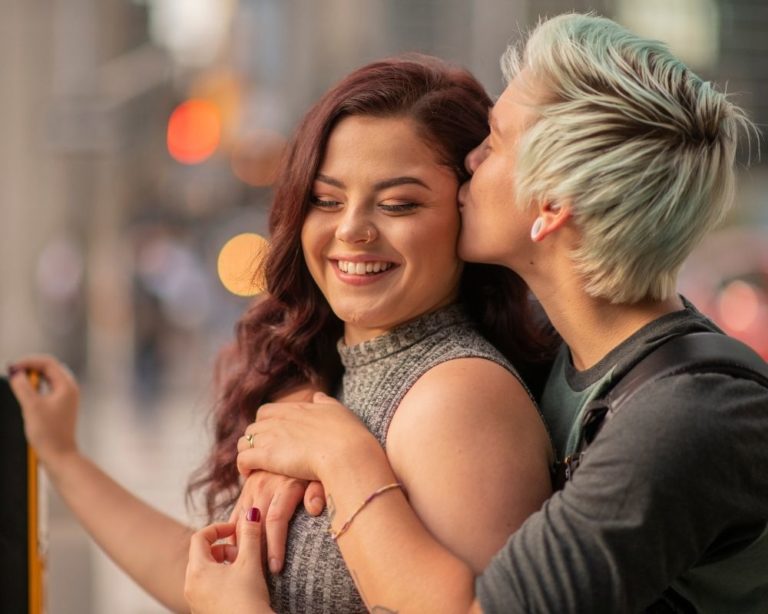
FAQ #2: How Does Attachment Therapy Help Adults?
Adult Attachment Therapy Los Angeles: Healing Relationship Patterns
Let’s get one thing straight – being an adult is hard. It’s even tougher when your attachment style is impacting how you relate with the world. Think of it as a “tune-up” for your emotional and relational world. Is it about rehashing every single little detail of your past? No. It’s about understanding how your early experiences with caregivers or significant figures in your life have shaped the way you relate to others now. Are you the type who clings or the type who distances themselves at the first sign of conflict? Maybe you’re a mix? Attachment therapy helps you figure out your attachment style and, most importantly, how it’s playing out in your day-to-day life.
As an anxiety and attachment therapist in Los Angeles, I’ve seen how these styles can lead to a cycle of unfulfilling or toxic relationships. It’s like playing the same record over and over and over, and wondering why it doesn’t sound any different. Attachment Therapy gives you the tools to change this by building awareness, developing healthier ways of connecting, and ultimately developing relationships that are both fulfilling and secure.
So, if you’re feeling stuck in your relational patterns, and wondering why things just don’t seem to ever work out or feel “right,”, it might be time to take a closer look at your attachment style. Remember, understanding and gaining self-awareness the first step to changing.
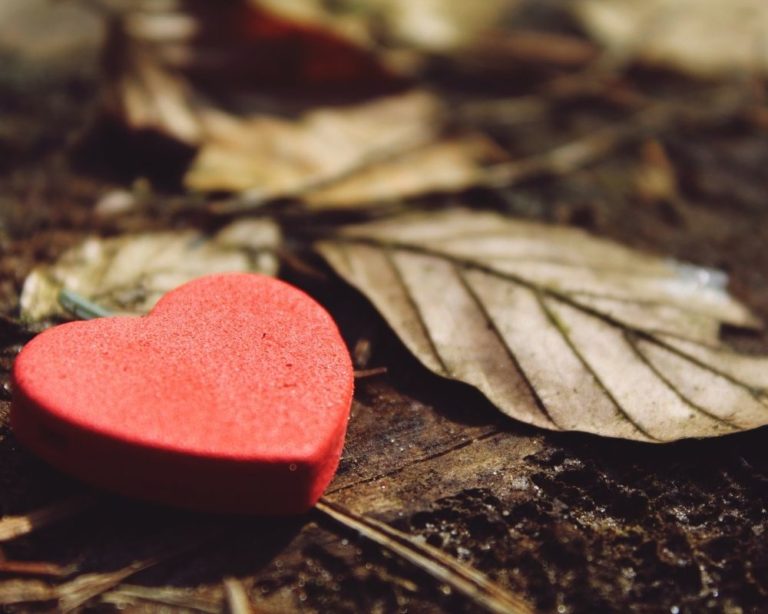
#3: What Are the Signs of Attachment Issues in Adults?
Recognizing Attachment Issues: When to Seek Therapy in Los Angeles
Spotting attachment issues isn’t always straightforward. But they’re there, lurkin’ around affecting how we navigate our relationships and, honestly, our entire lives.
So, what are we looking out for? Well, it’s not so simple. it can range from feeling like you’re always the needy or clingy one in relationships, or to the other extreme where you avoid or run away at the first sign of conflict. Maybe you find yourself in a constant state of relationship anxiety, i.e. wondering if you’re too much or not enough. Or maybe there’s this pattern where you seem to attract the same type of relationships that always end and leave you hurt.. Sound familiar? These are classic signs of attachment issues showing up in your adult life.
As an anxious attachment therapist in LA, I’ve worked with many individuals who also struggle with securing attachment. It’s like being on an emotional rollercoaster, but you never actually signed up for the ride (at least consciously). Attachment issues can make you feel insecure, misunderstood, and sometimes, straight up hopeless or lost in your connections with others.
Recognizing these signs is the first step. It’s about recognizing, ‘Hey, maybe there’s a reason I keep hitting these bumps in my relationships.’ It’s not about blaming yourself or your past. It’s about understanding and taking steps to heal. And that’s where therapy can be a game-changer for you. It’s like getting an emotional blueprint to understand your relationship dynamics.Having this kind of insight can be the major key to unlocking healthier, more fulfilling relationships (and, really, a healthier, more fulfilling you).

#4 Can Attachment Therapy Improve Romantic Relationships?
Enhancing Romantic Relationships Through Attachment Therapy in Los Angeles
Now let’s talk about how attachment therapy can actually turn over a new leaf for your romantic relationships. The way we connect with our partners isn’t just about luck or “chemistry”. It’s deeply rooted in our attachment style developed in your early years that dictates how we love, trust, and coexist with our significant others.
If you’re finding yourself in a pattern of relationships that feels like highs and lows. Maybe you’re the one who’s always pulling away? Guess what? That’s your attachment style at play! Attachment therapy provides a deep dive into the “why’s” and “how’s” of your relationship patterns. It helps you break down those invisible walls or bridges that you’ve subconsciously built over time.
As an attachment therapist in Los Angeles, I’ve seen how transformative this therapy can be. Instead of pointing fingers or playing the blame game, you gain a deeper understanding of yourself and your significant other and building a foundation of security and trust. Imagine relationships where you feel heard, valued, and truly connected. It feels amazing.
That’s the power of attachment therapy.
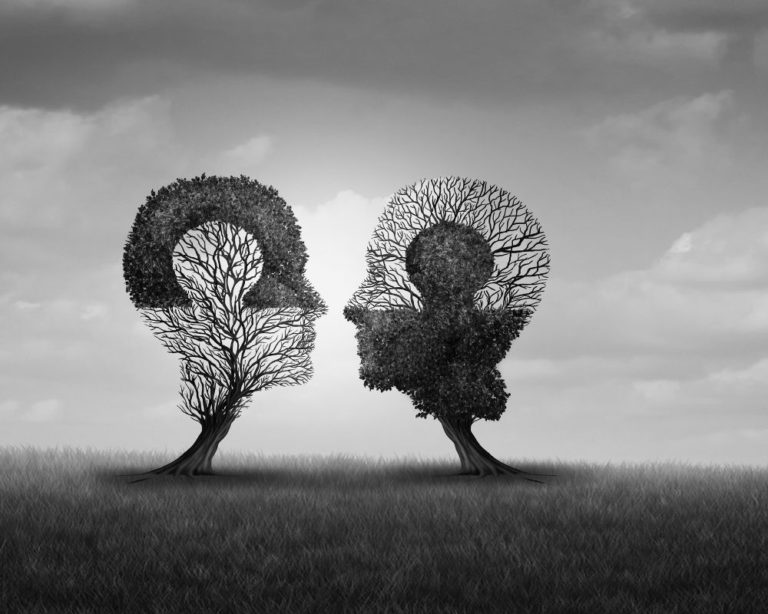
#5: How is Attachment Therapy Different from General Psychotherapy?
Attachment Therapy vs. General Psychotherapy: Key Differences
Attachment therapy is NOT the same as general therapy. While general psychotherapy might focus on a broad range of issues, attachment therapy is something more specific – your relationship patterns, how they formed, and how they’re playing out in your life right now.
Think of general psychotherapy like a general practitioner doctor – it’s great for a wide range of issues.. Attachment therapy, on the other hand, is like seeing a specialist who’s who has a focus on a critical area: your attachment style. This style, formed in your earliest years, influences how you connect with others, react to intimacy, and handle the emotional ups and downs in relationships.
In my practice here in LA, attachment therapy is about digging into these patterns with curiosity (not shame). We also don’t just blame it on your childhood or past relationships and call it a day. It’s deeper than that. And way more complex. It’s about uncovering these subconscious blueprints and rewiring them for healthier, more fulfilling connections. Whether it’s clinging too tight, holding back too much, or finding that sweet spot in between, attachment therapy gets right to the heart of the matter.
So if you’re feeling like you’re stuck in a loop, repeating the same relationship patterns, or just can’t seem to figure out why things aren’t clicking, attachment therapy could be beneficial. Remember, you’re not broken. You’re understanding and evolving.
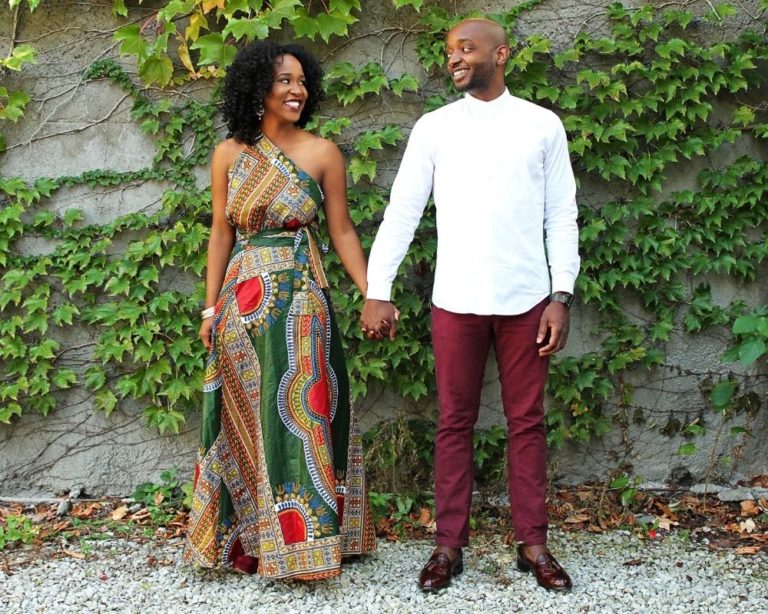
#6 What Techniques are Common in Attachment Therapy?
Core Techniques in Los Angeles Attachment Therapy: Tools for Emotional Bonding
One of the go-to techniques in my toolkit is ‘Reflective Functioning.’ This is where we really get our hands dirty (but in a good way). We dig into the how and why you understand (or sometimes misinterpret) your own and others’ emotions and intentions. Attachment therapy helps build a bridge between emotional insight and empathetic connection – something that often gets wounded in people with attachment anxieties.
Then, there’s ‘Mentalization-Based Treatment.’ It improves your ability to understand what’s going on in your mind and the minds of others. This is beneficial for forming secure and healthy relationships.
And let’s not forget about the role of ‘Narrative Therapy.’ Everyone has a story, but sometimes the narratives we tell ourselves about our relationships aren’t exactly accurate. They can be based on past hurts and fears. In attachment therapy, we rewrite these narratives and create a new narrative that empowers rather than holds you back.
I also utilize a blend of IFS, holistic, and somatic interventions in session. IFS helps you understand the different “parts” of your internal world, while somatic and holistic approaches help you identify your emotions and experience by tuning into the wisdom of your body.
If you’re feeling stuck in your relationships, remember: these techniques aren’t just theories. They’re practical tools to help you navigate your very human connections. They’re about breaking old patterns and building new, healthier ones.
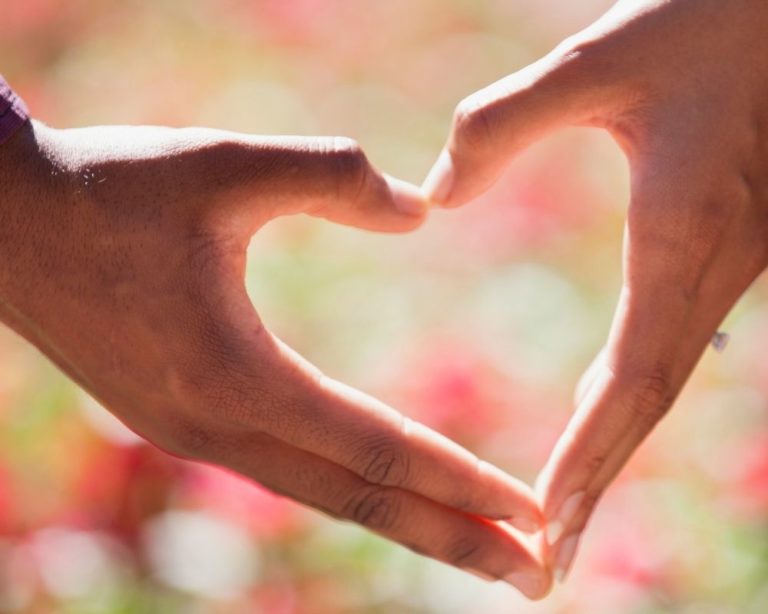
#7: How Does Attachment Therapy Address Childhood Trauma?
From Past to Present: Healing Childhood Trauma with Attachment Therapy in LA
Let’s get real for a moment about childhood trauma and its long-lasting effects. Many people around us are silently struggling with the traumas of their childhood. Attachment therapy is where we turn the spotlight on the pain – not to scare you, but to understand them, walk towards them with empathy and compassion and lessen their grip on your life.
Childhood trauma often leaves its mark in the form of attachment issues. Maybe you grew up in an environment where emotional needs were ignored or, worse, punished. Perhaps trust was a foreign concept in your household. These experiences, as far away as they might seem, shape how you form (or avoid) relationships today. In attachment therapy, we don’t just talk about these memories – we examine them closely by discussing how they impact you in the present day as an adult. It’s about understanding how your early years have influenced your current attachment style – be it anxious, avoidant, dismissive, ambivalent, or somewhere in between.
When we understand the ‘why’ behind our feelings of insecurity, fear of abandonment, or difficulty in trusting others, we can start to rewrite the narratives that we assign to ourselves, others, and the world. It’s about healing the inner child within trauma therapy and complex-PTSD therapy, so the adult can live more freely and securely.
Attachment therapy gives you the tools to heal these early wounds. It’s a journey of re-parenting yourself, learning to build trust, and forming healthy, secure relationships. It gives you a chance to heal and connect on a level that’s genuine and actually lasts.
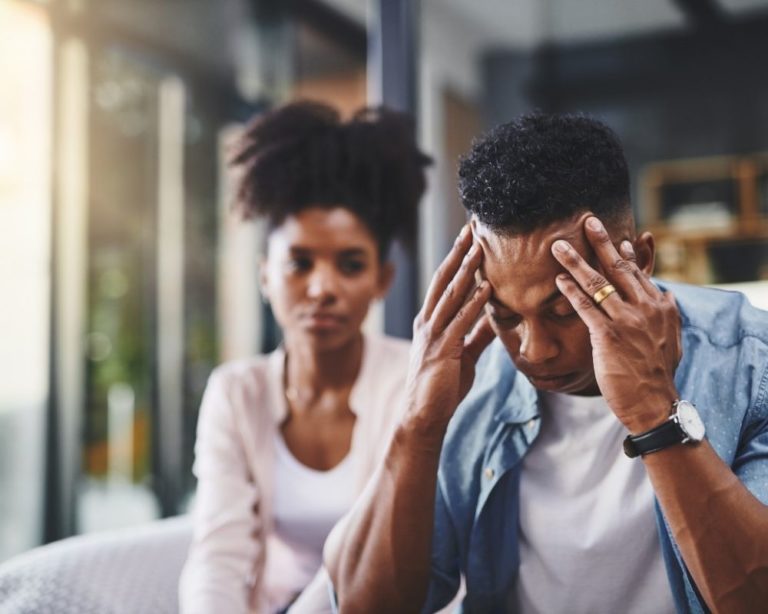
#8 What Role Does Attachment Play in Mental Health?
Understanding Attachment's Impact on Overall Mental Health
The way we attach to people, especially during our early years, shapes our entire emotional landscape. Secure attachments lead to confidence, resilience, and healthy relationships. But when these secure attachments are shaky or even absent, you’re more prone to anxiety, depression, and relationship anxiety. That’s where an attachment therapist comes in.
So, if you’re in the state of California and finding yourself in a pattern of unsatisfying relationships or unexplained emotional responses, it might be time to explore your attachment style. It’s a powerful step towards not just understanding yourself better, but also paving the way for healthier, more fulfilling connections.

#9 Can Attachment Therapy Help with Anxiety and Depression?
Attachment Therapy’s Role in Alleviating Anxiety and Depression in Los Angeles
The link between attachment insecurities and mental health challenges like anxiety and depression can’t be ignored. As an attachment therapist in LA, I see the lasting effects of attachment styles on mental health every day. It’s real – and it’s more common than you might think.
Anxiety and depression aren’t just about feeling blue or stressed. Often, they’re tangled up with something deeper. How can attachment impact depression or anxiety? Maybe as a child, you learned that expressing emotions led to rejection, or that closeness always seemed to end in pain. These experiences, buried deep in your emotional memory, can manifest as anxiety or depression later in life. It’s your mind’s way of saying, ‘Hey, something’s off here,’ but without the language to fully express it.
This is where attachment therapy comes into play, and relearning the language of connection. My job as an anxiety and attachment therapist is to help you decode these patterns, and a safe space to navigate and heal the wounds of your past attachments. We will gently walk towards those dark corners where anxiety and depression lurk, meet them with curiosity and understanding, and replace old patterns with healthier, more adaptive ones.
If you’re feeling stuck in a cycle of anxiety or depression, consider this: maybe it’s time to look a little deeper. Living in Los Angeles can be overwhelming at times, but it’s important to find a moment to pause and reflect on your attachment. Using a “bottom-up” approach, I work with you in healing from the inside out, and transforming your internal narrative to one that supports (rather than hinders) your mental health. Remember, in the journey of healing, you’re not here alone. As an attachment therapist in LA, I’m here to walk with you, every step of the way.
#10 What to Expect in Your First Attachment Therapy Session?
Your First Attachment Therapy Session in LA: Laying the Foundations"
Stepping into your first attachment therapy session can be a little scary at first! But hey, this is what it feels like to actually feel and experience your emotions. This is also where the journey of transformation begins, andI’m here to make sure that journey starts on the right foot.
First things first: let’s ditch any Hollywood-style stereotypes. There are no couches to lie on while spilling your deepest secrets in the first five minutes. You don’t need to put on a show or come prepared with a list of topics. Instead, your therapy sessions create a safe space where you feel comfortable and heard. Our first session is a chance for us to get to know each other, for you to share what brings you to therapy, and for me to explain how we can work together to address your attachment issues.
This first meeting is really about setting the stage for our future work. We’ll start by tons of information gathering and exploring your attachment style, i.e. how it’s been showing up in your life and what changes you’re hoping to see. It’s a collaborative effort, and I will also check in and go at your pace. Together, we’ll start piecing together the puzzle of how you relate to others.
So, what can you really expect? Expect to feel a range of emotions – it’s totally normal! Expect to start a conversation that’ll lead to more questions and, eventually, to the answers you’ve been seeking. And most importantly, expect to take the first step towards a new way of relating to yourself and others around you. Let’s embark on this journey together, and redefine what attachment means for you.
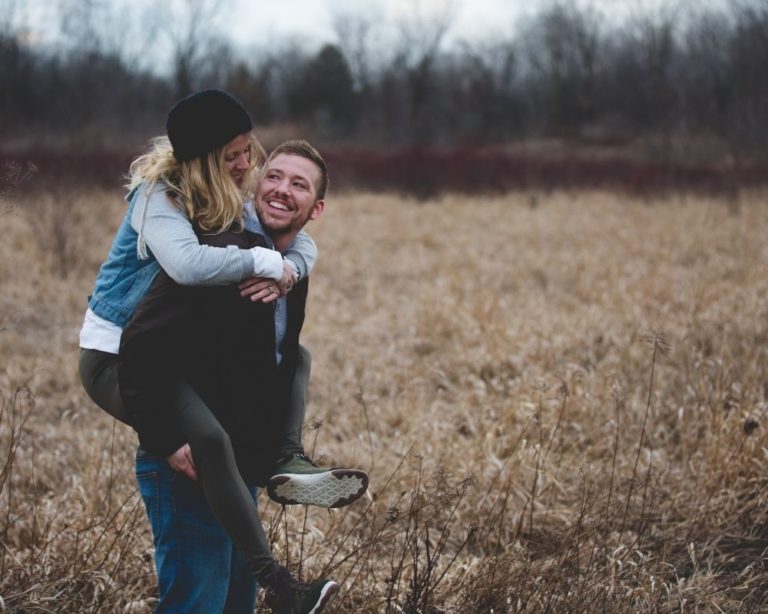
#11 How Do I Choose an Attachment Therapist in Los Angeles?
Selecting an Attachment Therapist in LA: Factors to Consider
Choosing the right attachment therapist in Los Angeles is the first step, and you need to find the right fit. You want someone who gets you, who makes you feel comfortable, yet challenges you to grow. The pros of living in Los Angeles is that there are many therapists to choose. The cons of that is that it may make it more difficult to know who to choose or what direction to go in.
First off, credentials matter. You want an attachment therapist who’s not just slinging tick tock words around. You want an attachment therapist who has the training and background to back it up. Look for someone who specializes in attachment theory and has experience dealing with the specific issues you’re facing. But let’s be honest, having all the credentials doesn’t mean much if you don’t vibe with them. This is where your gut feeling comes into play. During your initial consultation, ask yourself: Do I feel heard? Do I feel respected? Does this feel like a safe space?
Remember, therapy in Los Angeles – or anywhere, for that matter – is a two-way street. It’s not just about the therapist sharing their wisdom. It’s about a partnership. You want an attachment counselor who collaborates with you, who takes the journey with you (not ahead of you). This is especially important in attachment therapy. Therapy is all about building a trusting relationship with another person. If you don’t trust your therapist, you can’t practice a safe, healthy feeling bond.
Lastly, don’t be afraid to shop around. It’s okay to have consultations with a few therapists before you find ‘the one.’ Why? Because this is your mental health we’re talking about! Iit’s worth the extra effort to find someone who really clicks with you. Whether it’s an attachment therapist in LA or an attachment counselor elsewhere in California doing online therapy the right fit is out there. Trust the process, and you’ll find the support you need to navigate your attachment journey.

#12: How Long Does Attachment Therapy Typically Last?
The Journey Through Attachment Therapy in Los Angeles: Duration and Process
You may be wondering how long you might be spending in attachment therapy. I wish I could give a one-size-fits-all answer, but therapy isn’t a linear process. It takes as long as it needs, and as time goes on, your goals may start to change (and evolve!).
In attachment therapy, we are working together by unpacking and reworking patterns that have been built over a lifetime. Think about it. These patterns didn’t form overnight, so adjusting them isn’t going to be a one ‘n done kind of deal. For some, it might take a few months to start seeing significant changes. For others, it might be a longer journey. And that’s okay. This isn’t a race. It’s about giving yourself the time and space to really understand and heal those deep attachment wounds.
Here’s the main thing for me: the goal of attachment therapy isn’t just to slap a quick fix on your issues. It’s about sustainable change, genuine understanding, and building healthier ways of relating to others (and to yourself). As an attachment counselor, I’m here to guide you through this process at a pace that respects your individual story and needs.
So, if you’re considering attachment therapy with a counselor in LA, remember that it’s a commitment (to yourself and to your journey towards healthier relationships). It’s about investing in a process that can fundamentally transform the way you connect with the world. It may sound cheesy, but trust the process – and let’s take this step towards lasting change together.
Connect with an Attachment Therapist in Los Angeles
Meet Cheryl Groskopf, LMFT, LPCC
Hello! I’m Cheryl Groskopf! As an attachment therapist in Los Angeles, focus is on guiding you through understand your attachment style, and helping you build secure connections. If you’ve been struggling with attachment issues or seeking to understand how your early experiences impact your present emotions and relationships, you’re in the right place! I also specialize in healing the effects of trauma and anxiety.
I’m here to support you on your journey towards transformation and healing. Let’s explore these insights together and start your journey towards growth. Click here to learn more or schedule a complimentary 15-minute consultation with me for attachment therapy in LA. Together, we’ll work towards developing healthier and more fulfilling ways of engaging with the world around you.
Low Fee & Community-Based Referrals in Los Angeles:
The Los Angeles LGBT Center: Offers a range of health, social services, and housing, as well as cultural and educational programs
https://lalgbtcenter.org/
Heart of Los Angeles (HOLA): Providing underserved kids with after-school academic, arts, athletics, and wellness programs (heartofla.org).




